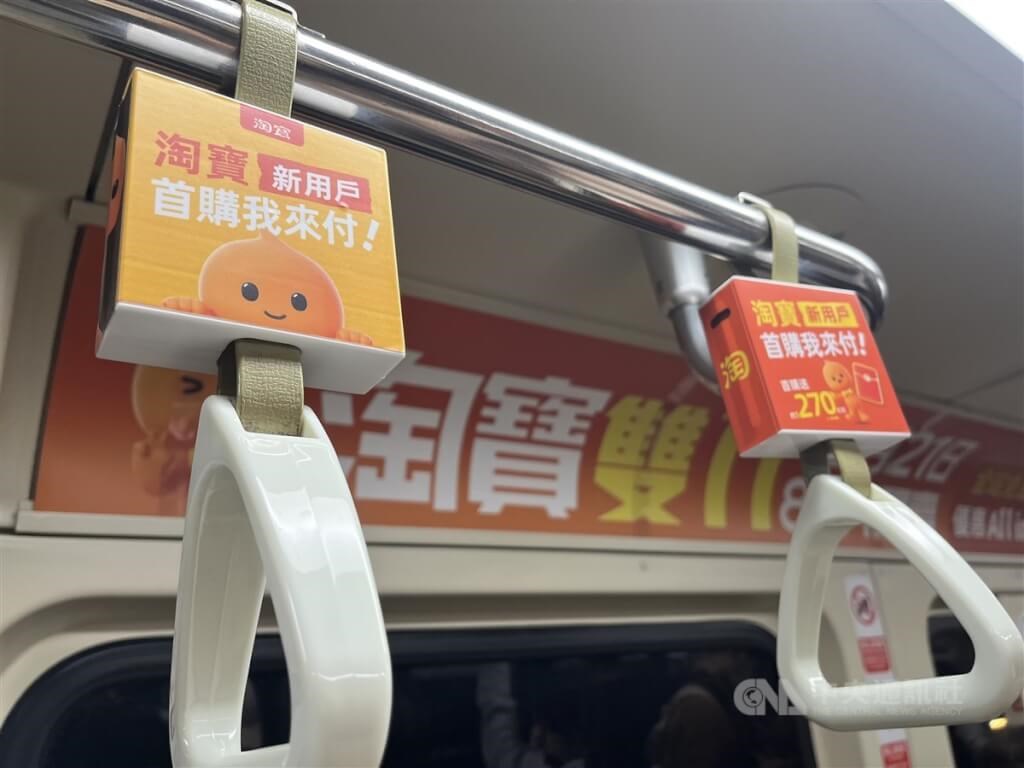Taipei, April 16 (CNA) Taiwanese lawmakers on Wednesday called for tighter oversight of Chinese e-commerce giant Taobao, following the United States’ recent decision to scrap tax exemptions for low-value imports from China as part of efforts to address trade imbalances.
Prompted by the U.S. move, Democratic Progressive Party (DPP) legislators questioned whether Taiwan’s current policy — which allows up to six tax-exempt low-value shipments of up to NT$2,000 (US$61) every six months — is overly lenient, particularly in relation to Chinese imports.
In response, Finance Minister Chuang Tsui-yun (莊翠雲) said during a legislative session that the ministry is carefully reviewing the current tax exemption system for small parcels to prevent any unfair impact on local industries.
While the majority of small-value parcels imported to Taiwan originate from China, she noted that proposals — such as eliminating tax exemptions for these shipments — could be considered in future evaluations.
Meanwhile, the Ministry of Economic Affairs pointed to ongoing regulatory enforcement, including a NT$1.2 million fine imposed on Taobao for publishing unauthorized print advertisements in Taipei MRT trains last year.
Deputy Economics Minister Cynthia Kiang (江文若) explained that the advertisements went beyond the scope of Taobao’s approved business operations in Taiwan, leading authorities to order corrective measures by the end of June, with a possible license revocation if the issue remains unresolved.
Taobao entered Taiwan in 2018 as a legally registered Chinese-invested entity, authorized to conduct brand marketing and promotion under the business categories of “electronic information supply services” and “advertisement leaflet distribution.”
However, the MRT print ads were found to go beyond the permitted scope of leaflet distribution, Kiang said.
If Taobao wishes to continue placing such ads, it must apply to expand its registered business categories, the ministry explained, adding that approval is conditional on the activity being open to Chinese investment and passing regulatory review.
